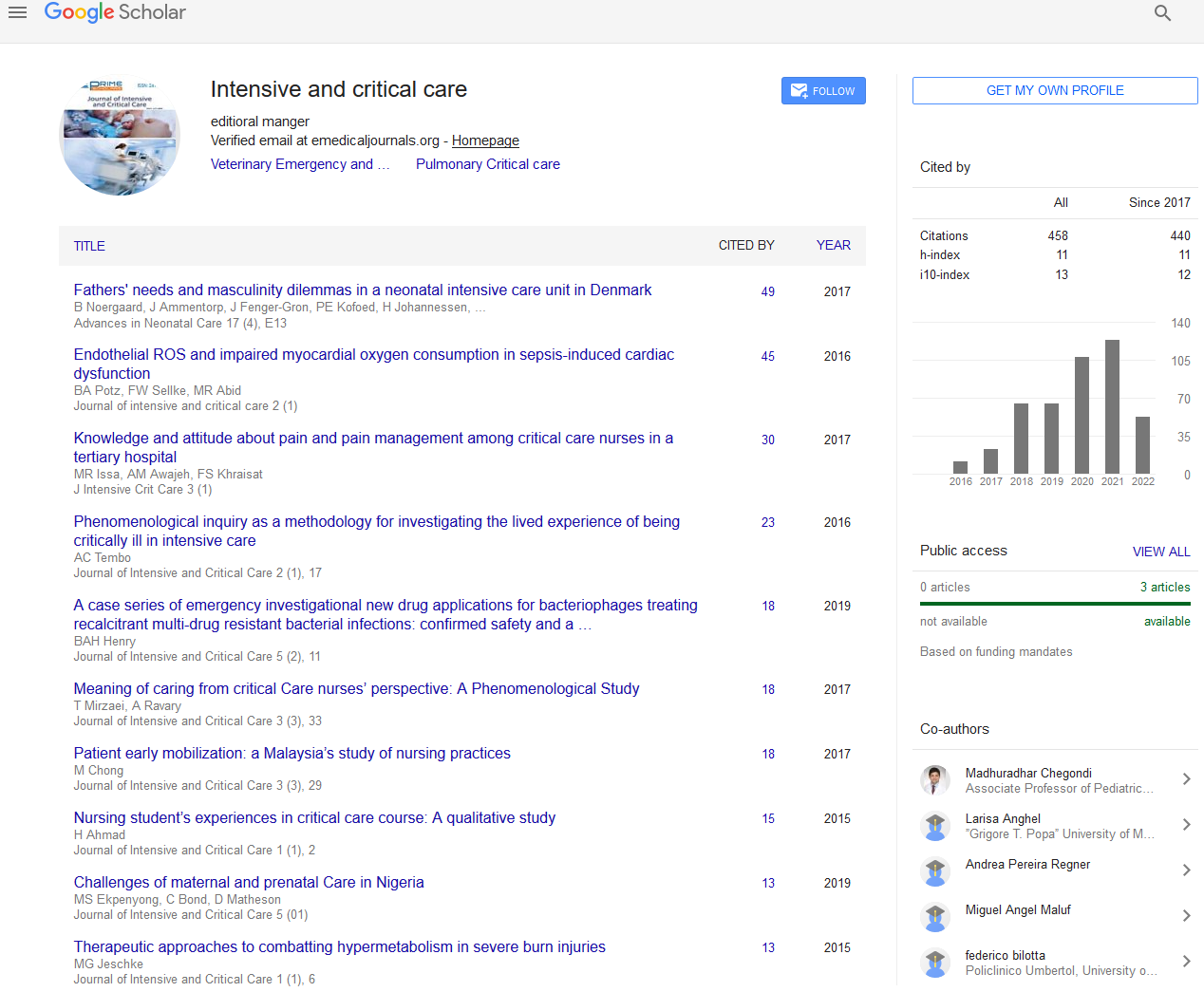Two medications, sibutramine and orlistat are currently approved by the Food and Drug Administration for the induction and maintenance of weight loss. These agents are recommended as an adjunct to a comprehensive program of diet, exercise, and behavior therapy which is known as lifestyle modification and is delivered in weekly group or individual sessions. Industry-sponsored trials of weight-loss medications typically have included limited programs of lifestyle modification.
This randomized trial compared the efficacy of sibutramine alone (as typically prescribed in primary care practice), group sessions of lifestyle modification alone, and the combination of the two therapies. We expected that the combined treatment would result in significantly greater weight loss than either therapy alone because of the potentially complementary mechanisms of action of the two approaches. Sibutramine, a serotonin norepinephrine reuptake inhibitor, appears to modify internal signals that control hunger (the drive to eat) and satiation (fullness). In contrast, lifestyle modification teaches patients to control the external environment involving food for example, by grocery shopping from a list or recording food intake. Two studies of fenfluramine which was withdrawn from the market in 1997 because of its association with valvular heart disease suggested that the effects of lifestyle modification and medication would be additive.
Our study included a fourth treatment group that assessed the efficacy of sibutramine combined with brief lifestyle-modification counseling delivered by primary care providers. We anticipated that this intervention would result in significantly greater weight loss than medication alone and could potentially provide a model for delivering lifestyle-modification counseling in primary care practice.
Levels of triglycerides, total cholesterol, Low-Density Lipoprotein (LDL) cholesterol, High-Density Lipoprotein (HDL) cholesterol, glucose, and insulin were measured at baseline and at weeks 18, 40, and 52 after an overnight fast (Quest Diagnostics). Insulin sensitivity was estimated with the use of the homeostasis model of insulin sensitivity. Blood pressure and pulse were measured by research assistants with an automated monitor on the same schedule as the visits to primary care providers. On each occasion, two readings were taken at one-minute intervals after subjects had been seated for at least five minutes.
We found that the combination of group lifestyle-modification counseling and pharmacotherapy resulted in an average loss of 12.1 kg at one year a loss approximately double that of the groups receiving either sibutramine alone (5.0 kg) or lifestyle-modification counseling alone (6.7 kg). Nearly twice as many subjects in the combined-therapy group as in the immunotherapy groups lost 10 percent or more of their initial weight, a prespecified benchmark for success. These findings, which are based on all enrollees (not just those who completed treatment), provide strong support for recommendations that weight-loss medications be used only as an adjunct to a comprehensive program of diet, exercise, and behavior therapy. These results also confirm previous reports of the benefits of lifestyle modification used alone for inducing clinically and statistically significant weight loss. Subjects treated by lifestyle modification alone had significantly greater weight loss than those who received sibutramine alone during the first 18 weeks.
We cannot identify the components of group lifestyle modification that contributed most to the increased weight loss when combined with sibutramine therapy. However, keeping daily food-intake records during the first 18 weeks correlated positively with weight loss at all assessments.

